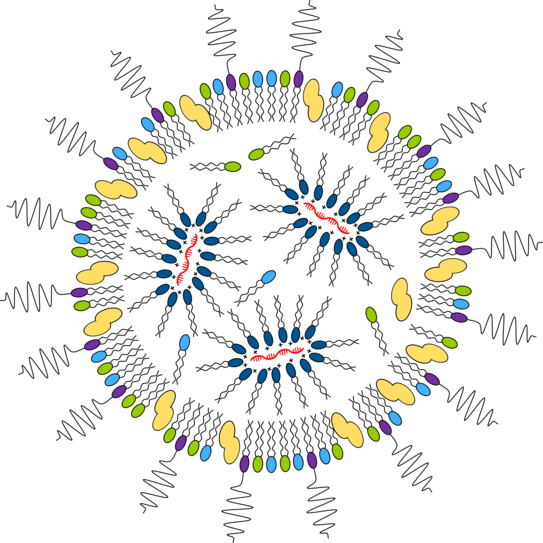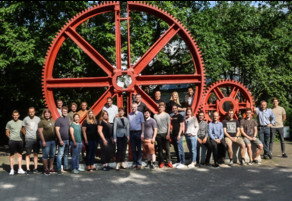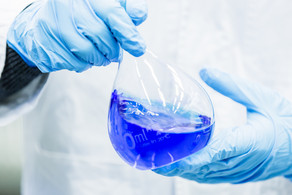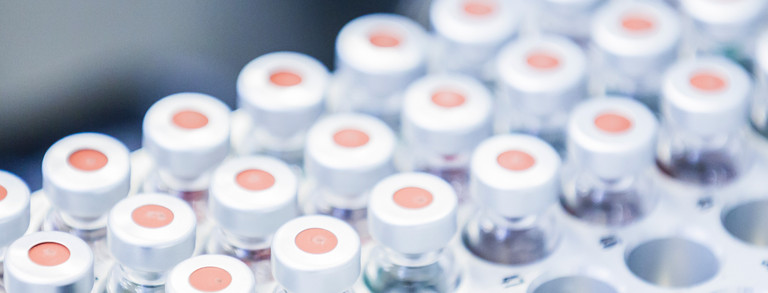M. Sc. Kai Grenningloh
Thermodynamics of Lipid Nanoparticles
The target of this research is the optimization of the production and storage of Lipid Nanoparticle formulations through the implementation of appropriate parameters and conditions (e.g., flow rates, temperature, and pH) and the addition of stabilizing excipients.
Description
Drugs containing mRNA as a blueprint for an active pharmaceutical ingredient (API) are becoming increasingly important, as they are highly potent, can be developed fast and administered safely. [1] The mRNA can be engineered, e.g., as part of a vaccine to instruct the patient’s immune system to defend itself against infectious diseases (e.g. CoViD-19). In addition, treatment of cancer [2] and autoimmune diseases like multiple sclerosis [3] using mRNA are also under development and show promising results.
Nonetheless, mRNA cannot be administered in bare form, as RNases in the bloodstream would break it down in a fraction of a second. Thus, a drug delivery system is necessary to protect the mRNA and help it reach the patient’s cell where it can then perform as a blueprint for the production of the desired API. Lipid Nanoparticles (LNPs, see Fig. 2) can act as such a delivery and protection system for mRNA. These particles contain ionizable lipids that are cationically charged at low pH. Thus, after entering the endosome in the patient’s cell, the LNP breaks down and releases the mRNA. Because of this desired feature, it is crucial to consider the stability of LNP formulations in their development.

References
| [1] | N. Pardi, M. J. Hogan, F. W. Porter, D. Weissman: “mRNA vaccines – a new era in vaccinology” Nature reviews. Drug Discovery, vol. 17, pp. 261-279, 2018 |
| [2] | K. Fiedler, S. Lazzaro, J. Lutz et al: “mRNA Cancer Vaccines” Current Strategies in Cancer Gene Therapy, vol. 209, pp. 61-85, 2016 |
| [3] | C. Krienke, L. Kolb, E. Diken et al: “A noninflammatory mRNA vaccine for treatment of experimental autoimmune encephalomyelitis” Science, vol. 371, pp. 145-153, 2021 |







